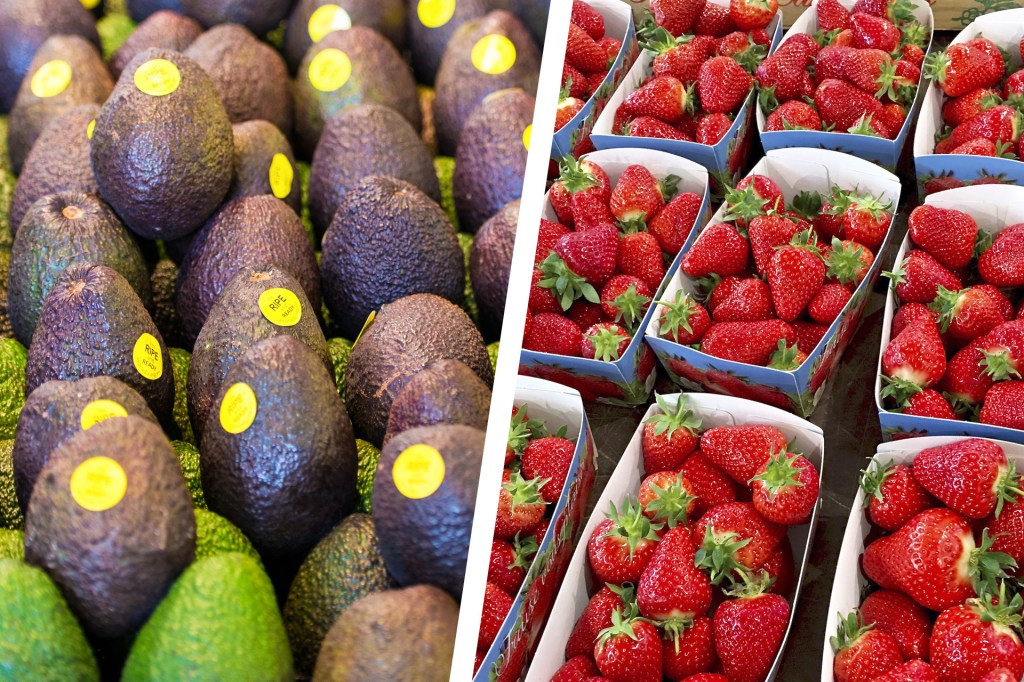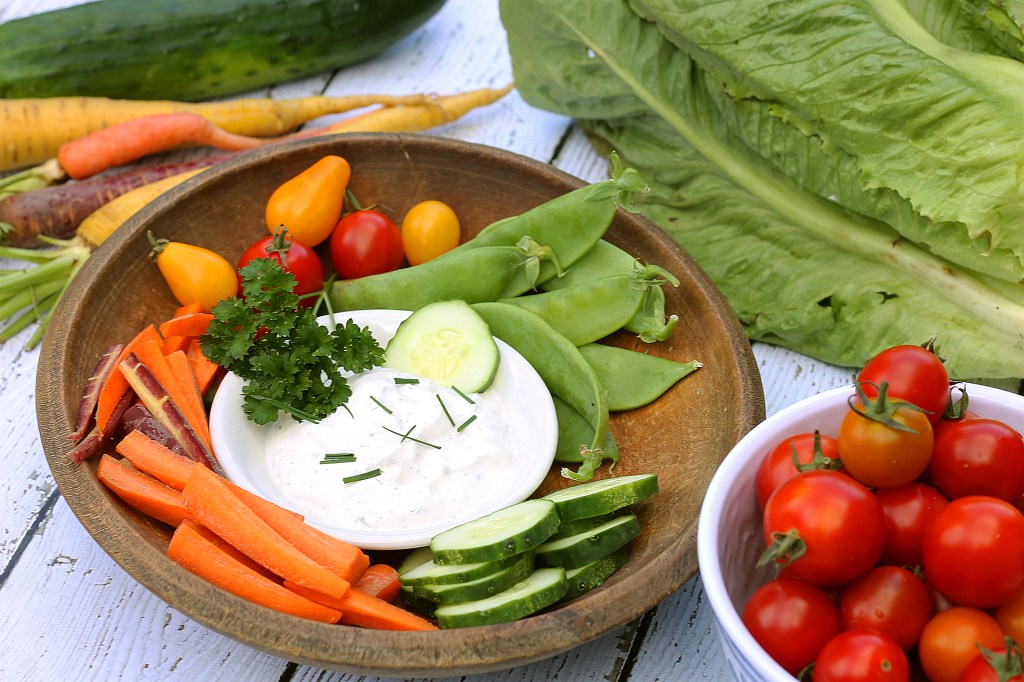Food for Thought

Avocados, sweet corn, and pineapples are largely free of pesticides when they reach grocery stores. That’s according to the Environmental Working Group (EWG). It released its Clean Fifteen list this spring. Each year, the EWG names the 15 fruits and vegetables that it has found to contain the least pesticide residue.
The EWG also ranks the 12 fruits and veggies with the most pesticides. It calls this list the Dirty Dozen. This year, strawberries, spinach, and kale top the list.
The EWG is a nonprofit organization. To create its lists, it uses results from tests done by the United States Department of Agriculture and the Food and Drug Administration. More than 99% of these government tests found pesticide levels that are acceptable according to federal standards. But the EWG believes that these standards are not strict enough.
Research has shown a link between pesticides and health problems. “Reducing pesticide residue in the diet is a good way to reduce exposure and lower those risks,” Alexis Temkin told TIME. She is with the EWG. Some experts recommend eating organic produce. If that is too expensive, the EWG says people can choose fruits and vegetables from the Clean Fifteen.
Some people have pushed back against the EWG lists. They say the health benefits of eating fresh produce far outweigh any risks. The full lists are below.
Clean 15
Avocados
Sweet Corn
Pineapples
Sweet Peas
Onions
Papayas
Eggplants
Asparagus
Kiwis
Cabbages
Cauliflower
Cantaloupes
Broccoli
Mushrooms
Honeydew Melons
Dirty Dozen
Strawberries
Spinach
Kale
Nectarines
Apples
Grapes
Peaches
Cherries
Pears
Tomatoes
Celery
Potatoes












